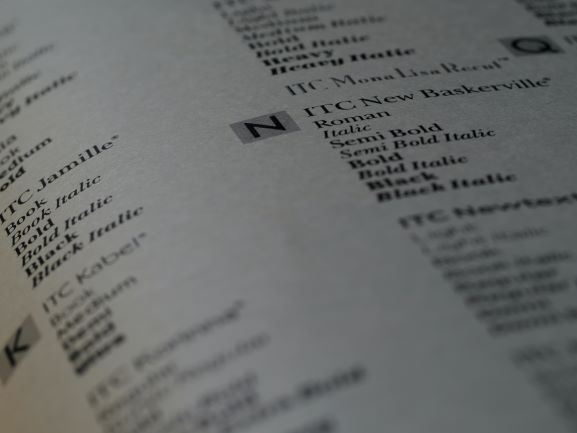| This year has tested us emotionally, physically, spiritually, and financially. So, the idea of being more generous can feel preposterous.
And yet, research shows that generosity reduces stress, improves our physical health, boosts our sense of purpose, fights depression, bolsters our relationships, and makes us feel better about ourselves.
But we don’t need money to be generous. We need emotional intelligence. We need empathy. We need kindness. Essentials for all mentors, leaders, friends, and parents.
Here are 8 fingertip phrases that will help us be more generous in moments:
1. What happened?
When people miss our expectations, we often jump to conclusions armed with our assumptions. Instead, give people the benefit of the doubt and presume “no bad intent.” We’re all starved for this kind of benevolence.
2. I’ve been thinking about you.
People are lonely. Even when they’re on a zillion Zoom calls and connected to thousands of “friends” on Facebook, they feel isolated, wondering if anyone cares. When people experience loneliness and fear, meet them with kindness and generosity.
3. You’re fabulous!
Notice progress, strengths, and contributions. Let go of perfection (theirs and yours!). We’re all so busy battling our critical inner voice, our self-confidence struggles. Undoubtedly, people always appreciate being appreciated.
4. Interesting, tell me more.
Especially useful when you disagree with a point of view shared about politics or religion. You don’t have to change your mind, but neither do they. Simply be fascinated by someone’s different perspective.
5. How can I help?
“Do you need help?” typically generates a reflexive, “No.” Instead, ask, “How can I help?” or “What can I do for you?” to communicate compassion for their situation and to signal your intention to contribute.
6. I understand.
Helping people feel heard can quickly disarm their defenses. (And it doesn’t mean you have to agree with them!)
7. We’ll figure it out.
Nothing ever goes as planned (as evidenced by 2020). Convey your confidence in someone’s ability to be resilient without pressure.
8. I appreciate… I’m grateful… It’s a joy to work with you…
Let’s invigorate the obligatory “thank you!” When we add context, share the impact, and experiment with new words, people pause to receive the appreciation. “I’m grateful for your mentorship. I appreciate your wisdom. Our conversations make me think differently.”
——————————————————————
To all my readers, I’m grateful for our weekly connections. You inspire me with your commitment to making a difference in your roles as boss, mentor, peer, and human being!
Wishing you a Happy Thanksgiving!
© 2020. Ann Tardy and Mentor Lead. www.mentorlead.com | www.anntardy.com |









